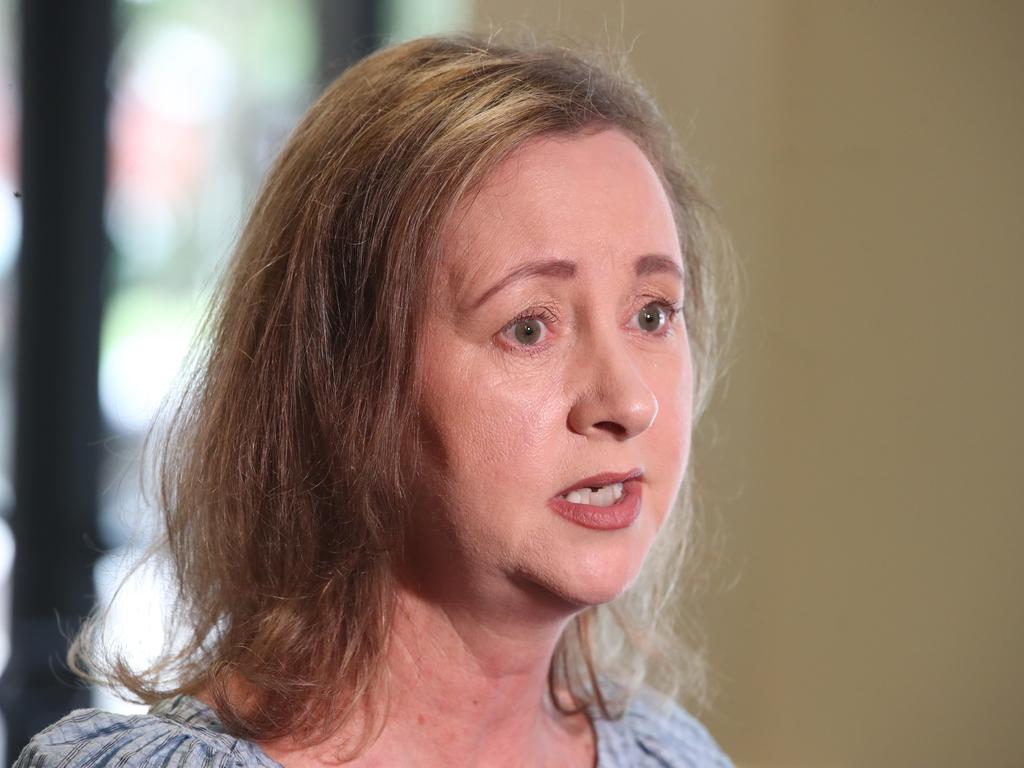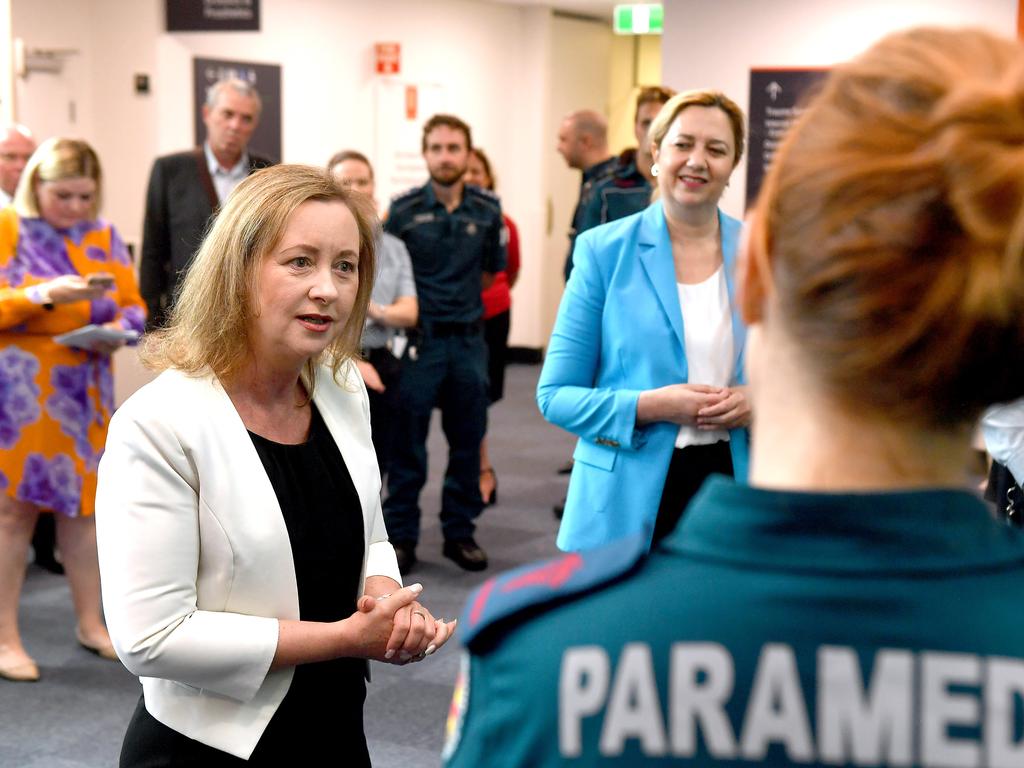Editorial: Lives depend on fixing bush health crisis
A national crisis has been laid bare in black and white in a report - and it’s time to fix the issue. HAVE YOUR SAY
A national crisis has been laid bare in black and white in a report from the Royal Flying Doctor Service, detailing the gross inequity of healthcare for Aussies living in the bush.
A shocking 44,000 people in this country have no access to a doctor within an hour’s drive; almost 120,000 are that far away from a dentist and 134,000 are equally distant from any mental health support.
It’s not just a matter of convenience, or simply how life is out in remote parts of the country.
This is taking years off everyday Australians’ lives.
Women are dying 19 years earlier than average in very remote parts of the country, men almost 14 years.
First Nations Australians are dying 14 years sooner on average and the gap is even wider in remote areas.
These are the very real consequences of a health system that is sick, and nowhere is it worse off than in our nation’s regions.
In Queensland, there are recent examples of failures in regional health, such as the Gladstone Hospital maternity unit being on bypass since July and sending expecting mothers 100km away to Rockhampton.

Unfortunately, it is just the most recent in a long line of regional maternity services shut down, or put on bypass.
Australia’s healthcare system was once the envy of the world, but now it seems close to being put on life support.
The Strengthen Medicare Taskforce report, touted as providing much-needed reform to make Medicare more sustainable, was released in February 2023, but it was largely found wanting.
At just 12 pages, some of its recommendations were motherhood statements about needing to improve access to after-hours care, or fast-tracking work to increase the supply of doctors and nurses.
Other recommendations were to have blended-model medical practices, with GPs, nurses, physios and more working together in an integrated model, or to develop funding models that are relevant for rural practices.

But these have all been proposed before, and there was little to be said for the specifics on how to do these worthy tasks.
Whatever happens, it will need federal, state and even local governments working together to achieve better outcomes for rural health. This has not always been the case, as has been seen in Queensland recently.
Meanwhile, the commonwealth is seeking ways
to encourage more doctors to bulk-bill, which would increase people’s access to healthcare.
But the Queensland government, as well as those in other states, sought to implement a new interpretation of payroll tax laws, which would have seen doctors slugged.
Medical peak bodies warned that this would hit the regions most, with many GP offices operating on slim profit margins potentially facing closure.
After much pressure, the government backed down and offered an amnesty on the tax until 2025, but only to kick the can down the road past the next election.
Action needs to be taken now; the divide between the regions and the capital cities cannot be allowed to keep widening.
It is no exaggeration to say that lives depend on it.
KEVVIE’S WORDS OF WISDOM
At the weekend we witnessed the good and bad of rugby league.
The Good: The Broncos players make themselves available to their devoted fans. The bad: Latrell Mitchell and Jack Wighton, two NRL superstars, get themselves arrested after a 3.45am scuffle at a Canberra nightclub.
Perhaps if the pair had held off on the wrestling for a few days they might have had a chance to benefit from the wisdom of Brisbane coach Kevin Walters. In an interview with Robert Craddock on Monday, Walters speaks of the need to act professionally and with maturity, at the club and away from it.
Addressing disciplinary problems at his own club, Walters says: “The guys are great when they are here at training, it is what they do when they are not here that has to improve and we have spoken about it.”
Let’s hope his young Broncos at least take heed.
Responsibility for election comment is taken by Chris Jones, corner of Mayne Rd & Campbell St, Bowen Hills, Qld 4006. Printed and published by NEWSQUEENSLAND (ACN 009 661 778). Contact details here




